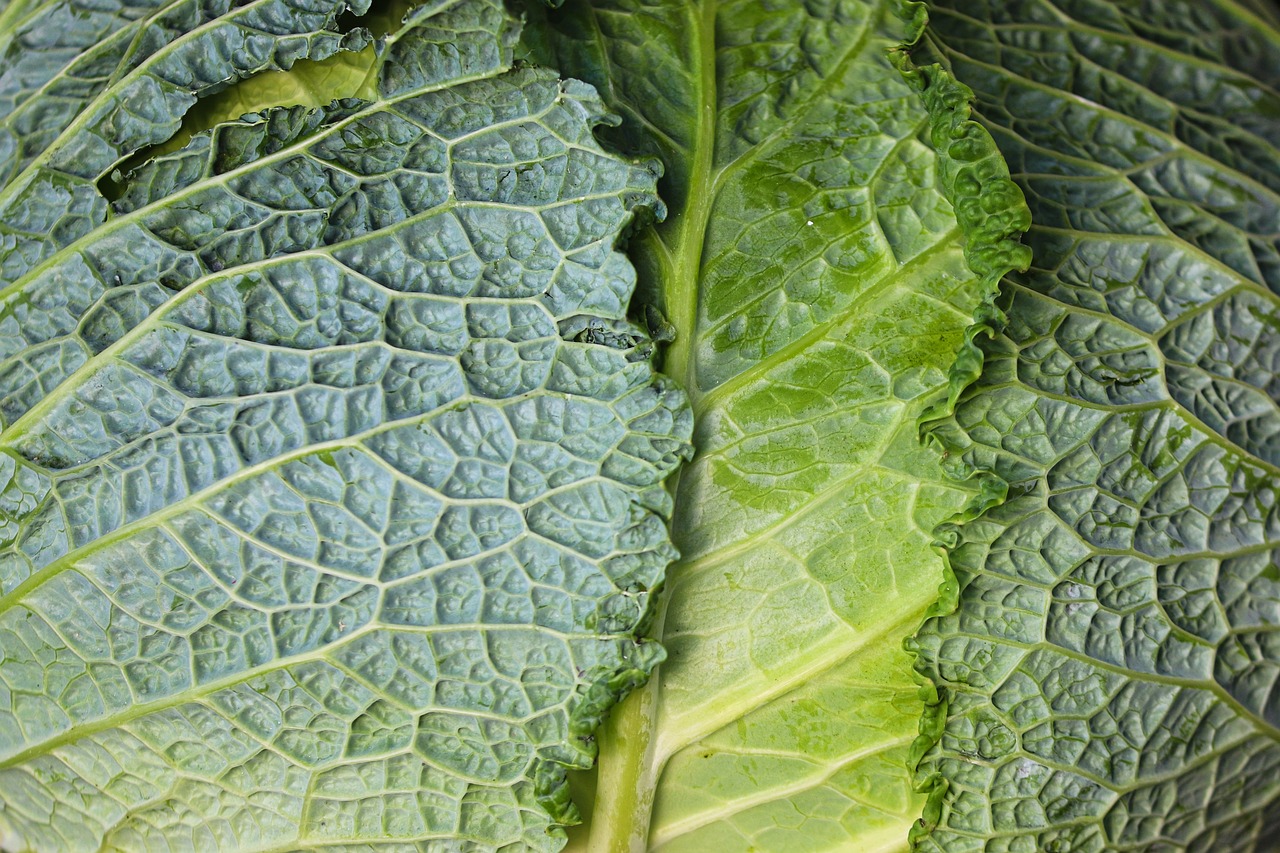“`html
As the world becomes increasingly aware of the impacts of food choices on health, the environment, and animal welfare, the vegan diet has gained significant traction. With people from diverse backgrounds adopting this lifestyle, it’s crucial to explore what a vegan diet entails, its benefits, and practical tips for making the transition. Whether you’re considering going fully plant-based or simply want to incorporate more meatless meals into your diet, this guide will provide valuable insights.
What is a Vegan Diet?
A vegan diet excludes all animal products, including meat, dairy, eggs, and even honey. It emphasizes plant-based foods, focusing on whole grains, vegetables, fruits, nuts, and seeds. Here are some key points:
Type of Foods Included
- Vegetables: Leafy greens, root vegetables, and cruciferous options.
- Fruits: Berries, bananas, apples, citrus, and tropical fruits.
- Grains: Quinoa, brown rice, oats, and whole wheat products.
- Nuts and Seeds: Almonds, chia seeds, flaxseeds, and walnuts.
- Legumes: Beans, lentils, chickpeas, and peas.
Benefits of a Vegan Diet
Adopting a vegan diet comes with a multitude of benefits that can enhance both physical and mental well-being.
Health Benefits
- Lower risk of chronic diseases: Studies indicate that vegans often have lower risks of heart disease, type 2 diabetes, and certain cancers.
- Weight management: A plant-based diet can be lower in calories and fat, making it easier to maintain a healthy weight.
- Improved digestion: High fiber content from plant foods promotes healthy digestion and bowel regularity.
Environmental Impact
Animal agriculture is a leading cause of environmental issues, including deforestation, water scarcity, and greenhouse gas emissions. By shifting to a vegan diet, individuals can:
- Reduce their carbon footprint.
- Conserve water resources — it takes significantly less water to grow plants than to raise animals.
- Support sustainable farming practices and biodiversity.
Ethical Considerations
The ethical underpinning of a vegan diet revolves around animal rights. Key points include:
- Avoiding harm to animals raised for food.
- Supporting cruelty-free and humane agricultural practices.
Common Misconceptions about Vegan Diets
Many people hold misconceptions about what a vegan diet entails. Here are some of the most common:
1. Vegan Diet Lacks Nutrients
While it’s true that vegans need to be mindful of their nutrient intake, a well-planned vegan diet can provide all necessary vitamins and minerals. Important nutrients to monitor include:
- Vitamin B12: Found in fortified foods or supplements.
- Iron: Present in legumes, seeds, and leafy greens; enhance absorption by consuming with vitamin C-rich foods.
- Omega-3 fatty acids: Can be obtained from flaxseeds, walnuts, and chia seeds.
2. Vegan Food is Expensive
While specialty vegan products may be costly, a vegan diet can be economical, particularly when focusing on whole, unprocessed foods:
- Buy in bulk: Legumes, grains, and seeds are cheaper in larger quantities.
- Plan meals: Reduces food waste and ensures you use ingredients efficiently.
Practical Tips for Transitioning to a Vegan Diet
Making the shift to a vegan lifestyle doesn’t have to be overwhelming. Here are actionable steps to ease the transition:
1. Start Gradually
- Begin by replacing meat with plant-based alternatives a few times a week.
- Slowly introduce more fruits and vegetables into your meals.
- Experiment with new recipes to find what you enjoy.
2. Educate Yourself
Knowledge is power. Familiarize yourself with vegan nutrition and cooking to avoid potential deficiencies and embrace your new lifestyle.
3. Find Community Support
Join local or online vegan communities for recipes, support, and camaraderie in your journey. Resources like social media groups, forums, and local meet-ups can provide valuable information and encouragement.
Conclusion
Embracing a vegan diet can lead to considerable health benefits, reduce environmental impact, and promote ethical eating practices. With proper planning, education, and a supportive community, transitioning to a vegan lifestyle can be a rewarding experience. Whether you choose to fully commit or simply want to adopt a few plant-based meals into your routine, prioritizing vegan options offers an opportunity for a healthier, more sustainable life.
“`






